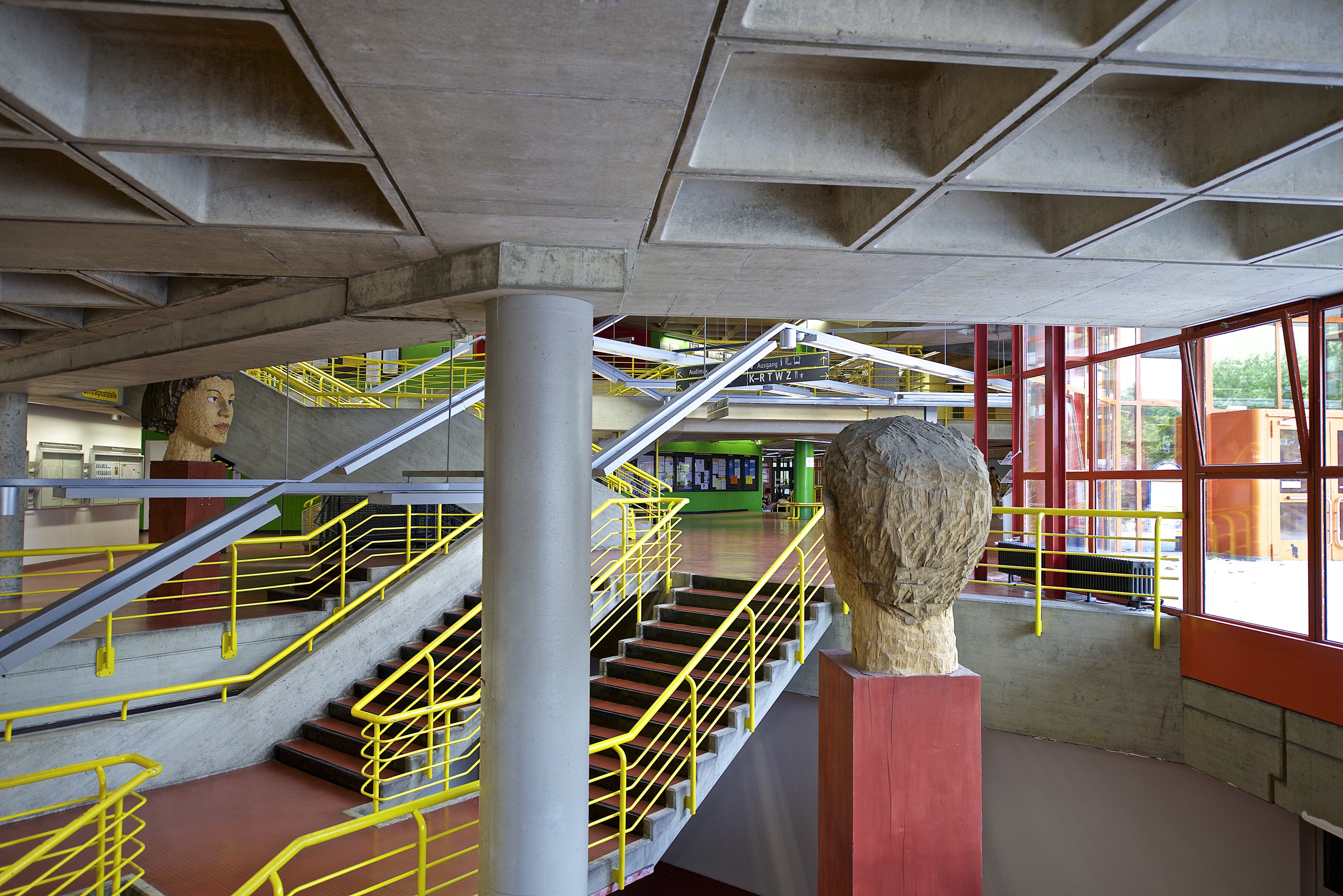
Unborn – born
Historical research on nascent life – a topic in cultural science
The Institute for Advanced Study Konstanz, part of the Center of Excellence "Cultural Foundations of Social Integration" is launching its new academic year at the University of Konstanz with a history of science presentation open to members of the public. Professor Caroline Arni will speak on research conducted on the topic of unborn life and new life on Thursday, 22 October 2015: “Un/born: A historical anthropology of development science”. Caroline Arni, who lectures in general nineteenth and twentieth century history at the University of Basel, Switzerland, is one of around twenty new guest academics (fellows) who will research for up to a year at the Institute for Advanced Study Konstanz. The event, which starts at 17:00 in the Bischofsvilla am Seerhein (Otto-Adam-Strasse 5), is open to interested members of the public.
Prenatal research is booming. Studies reveal how expectant mothers pass on stress to their embryos. Or pregnant women are advised on what music they should listen to. Modern research benefits from new technologies that were not available in the past. Caroline Arni’s scientific history project looks exactly at the time prior to the emergence of technology-based prenatal diagnostics. She sheds light on research activities of physiologists and psychologists that observed foetuses and newborns, and performed experiments on them in the nineteenth and early twentieth century.
This research was guided by the notion of development says Caroline Arni: “The time spent in the womb became the first phase of a long and slow process, in which the embryo became a foetus, the foetus a baby, the baby a child and the child an adult.” And throughout this, an age-old question didn't appear to arise. A question that theologians and scholars had worked on in the past, namely, at what point the embryo becomes a person. Yet according to Caroline Arni, an analysis of research projects on the topic of birth confirms that this is in fact what the research centered on: “The development researchers were literally haunted by the question of what the unborn child was in relation to the born child.” In this context, the historian not only examines the ideas and processes found in the science of the time: “What interests me at the moment is, above all, the way in which scientists turned their attention to their research objects, by attempting to explore the origin of their own beings.”
Caroline Arni’s lecture also marks the start of the new academic year at the Institute for Advanced Study Konstanz, to which the "Cultural Foundations of Social Integration” Cluster of Excellence again invited numerous academics. These fellows from across Germany and abroad will convene to research on the “Cultural Foundations of Social Integration” – the key topic of the Cluster of Excellence – with academics from Konstanz.
Further information on the Institute for Advanced Study Konstanz can be found at: www.exc16.de/cms/kolleg.html
